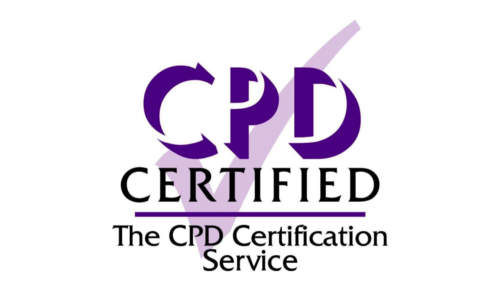If you are interested in joining future sessions of this program, please complete the form below and we will contact you with specific details when they are available. (To purchase the on-demand recorded content, please scroll down)
60 minutes + 30 mins Q&A
Recordings will be made available to registrants for 60 days
Continuing Education Credits
Live and Home Study CEs:
Continuing Professional Development (CPD)
Having a voice is a fundamental part of being human and allows us to connect to others in healthy ways: to communicate our needs and desires; to speak up when expectations have not been met, or when boundaries are over-stepped; and to connect and to share our innermost worlds.
When escape from a life-threatening or attachment-threatening situation is impossible, the body and the psyche adapt to survive. These adaptations can endure, particularly if they are successful in ensuring survival of the body and/or of the attachment relationship. The absence of agency, protection and a compassionate witness takes away our capacity for agency, effective boundaries, authentic expression, and natural voice.
Trauma lodges in the body, mind, spirit, and in our voices.
Voicelessness becomes synonymous with choicelessness.
Don’t talk, don’t trust, don’t feel are survival adaptations.
We stifle the voice or any sound, and speaking is painful. Paradoxically – and understandably – many of us leave our bodies when we speak, or develop a part of self that takes on the role of speaking and interacting. Alternatively, for some of us, there was no one there to listen to us, in joy or in sadness or in fear…so we live and express as if in a vacuum.
Healing involves reconnecting to one’s capacity for vocalization in an embodied way, and starts with interoception of cues of safety. Sound vibration is our first experience of attunement and attachment - of safety - and can be accessed through intentional vocalization.
The vision is for a five-part dynamic interactive workshop series - part didactic and part experiential - where we learn about sound as the first portal to attachment and attunement, and then we play with various expressions of vocalization. I will guide you through various somatic cues that can enhance communication effectiveness.
The intended audience is anyone who has had struggles with and is seeking to reclaim their physical and metaphorical voice! This can be expressed as challenges around authentic expression, particularly around the communication of needs and boundaries.
Particularly for femme folks, individuals in a body racialized by society, disabled bodies, neurodivergent bodies, individuals who were traumatized as children.
Because silence equals safety, it can feel extremely dangerous and activating for the nervous system when we begin the journey of exploring and reclaiming our voices, needs, and boundaries.
Perhaps you've been attending somatic workshops and boundaries workshops...and yet there's something missing when it comes to interpersonal effectiveness. It's the voice!
In October 2011, I reluctantly agreed to lead a four-class meditation series, fueled by a desire to share the gift of meditation into the world while also equally terrified of being seen.
Four people turned up.
If I saw you looking at me while I was looking at you, I’d go into a freeze response. My solution: turn down the lights and close my eyes while I talked slowly and softly.
I was scared of the sound of my own voice amidst the silence of the room.
I survived this ordeal, revamped my class content, and then taught again. This time, an eight-class series. I would refer to notes on a clipboard, and draw on large pieces of paper stuck to the walls, and move my eyes between a spot in the back on the room and the side walls (to give me other things to look at, and to move around the room which would stop me going into frozen terror).
I learned to lean into the silence of the space, where the only sound was my voice. Lengthier pauses for silence ensued, and more and more people kept coming to my classes.
After class, the voice in my head would chatter non-stop about all the things I didn’t say, and critiquing all the things that I did say. I learned to discharge the excess adrenaline through shaking it out and doing some yoga.
These days, I speak publicly and teach. A lot. Inhabiting my voice and allowing my voice to become embodied through me has been the journey of a lifetime.
This course weaves together me-search, we-search and research from the fields of vocal expression, the somatics of embodiment, in-utero and childhood development, and vocal expression. Part didactic (lecture and research), part experiential (invitations to be curious as we engage in experiments and activities), and part collaborative learning (yes, you are invited to share your lived experiences and how your body and nervous system responds to the experiential exercises into our learning community), this five-class series will leave you with practical skills and soulful meanderings to enhance personal self-expression and communication effectiveness.
$200.00 USD
Online Course
Included features:
In order to receive a Certificate of Completion, participants do not need to attend live.
In the spirit of addressing historic and systemic barriers to participation, there are several equity pricing scholarship spaces available for this training. Priority of access for BIPOC and LGBTQ+ individuals, individuals living with disabilities, and individuals living with lower income. Please contact: [email protected] with your request.

Sign up with your email to receive news and updates.